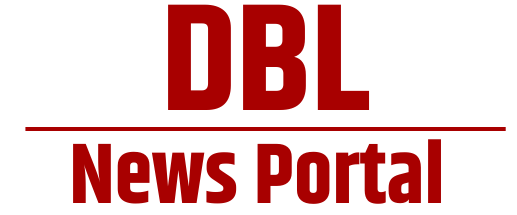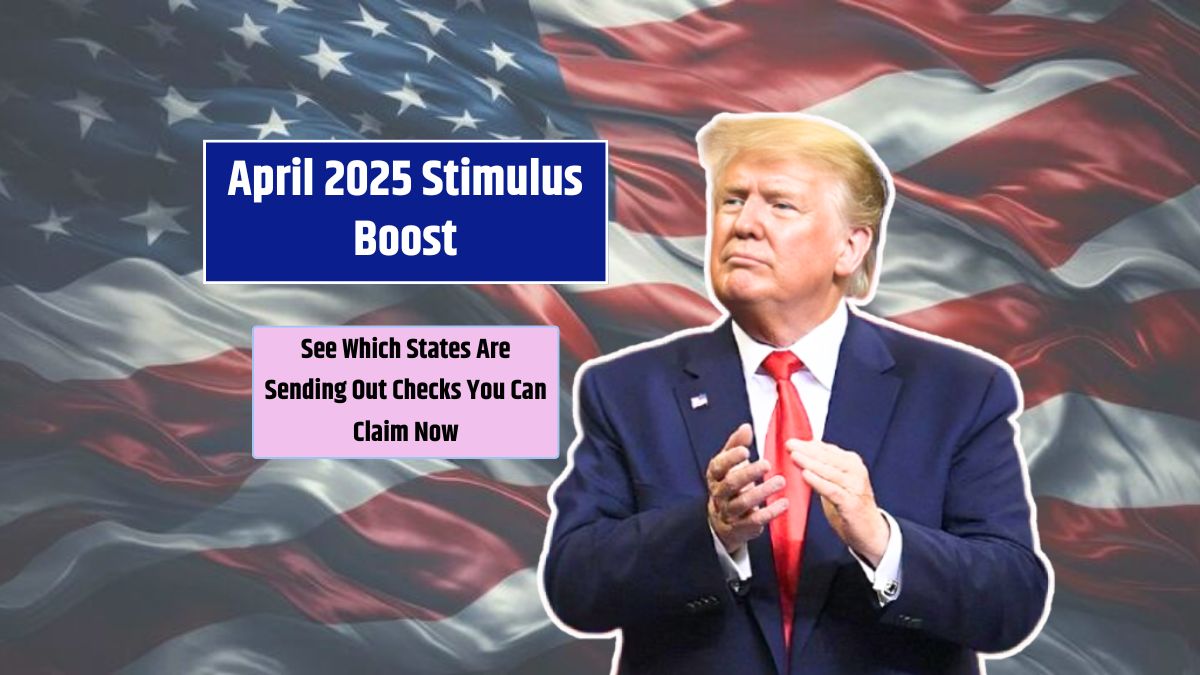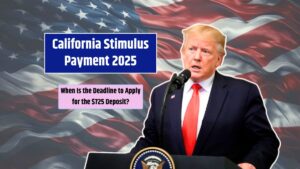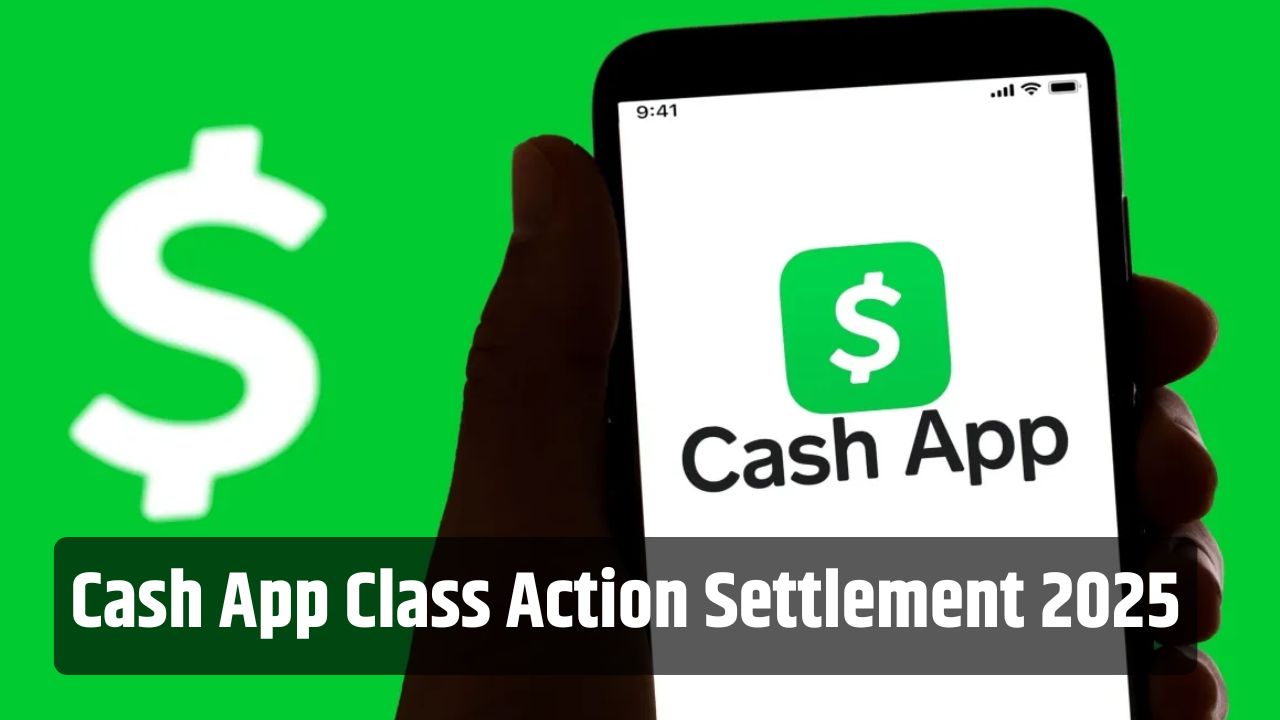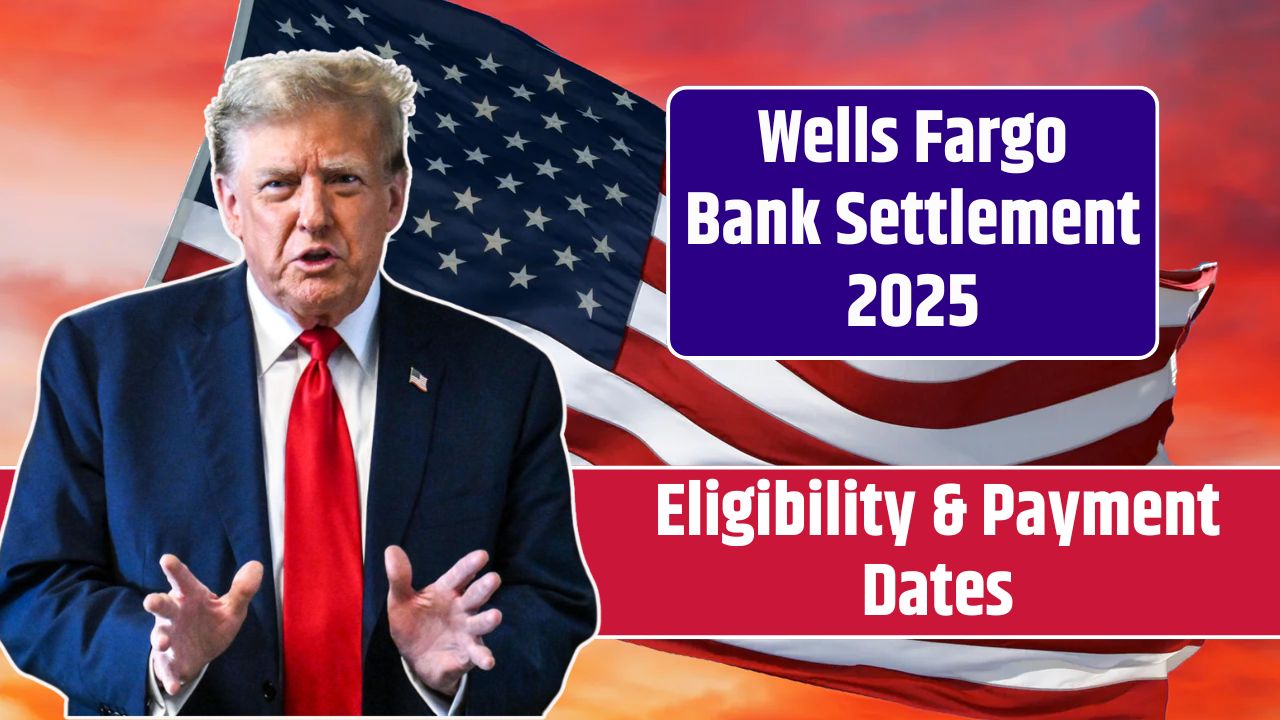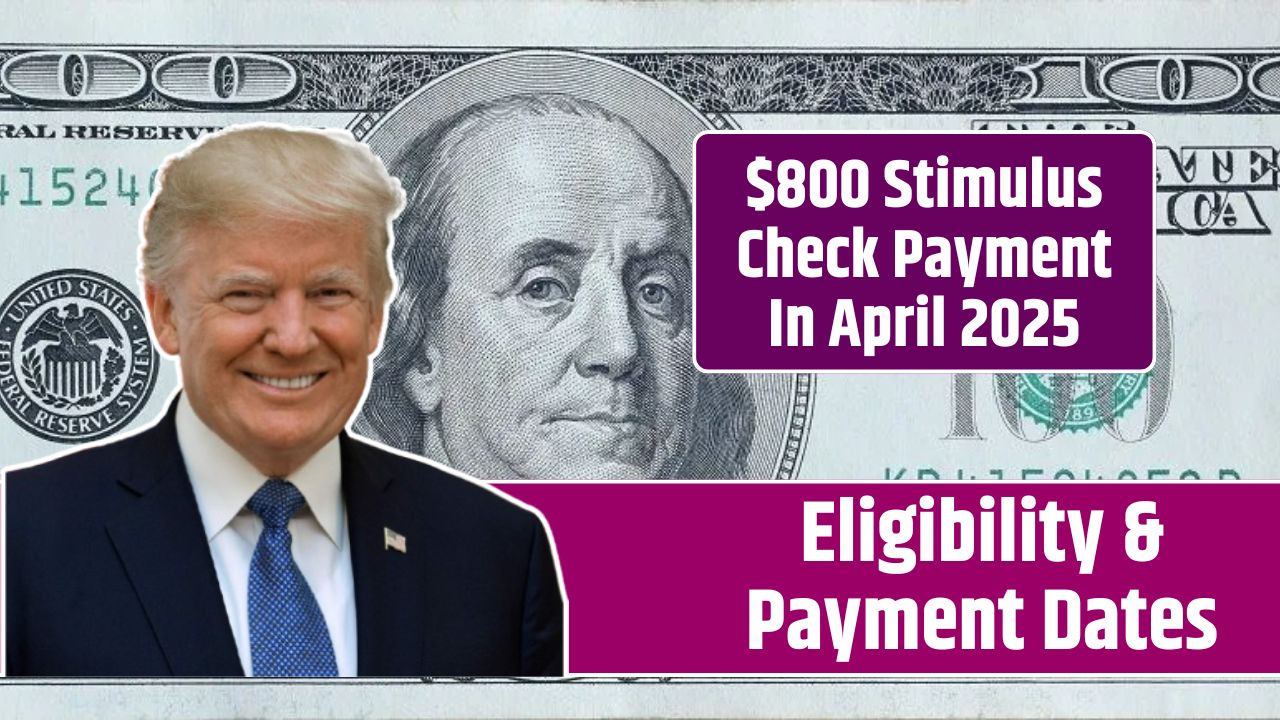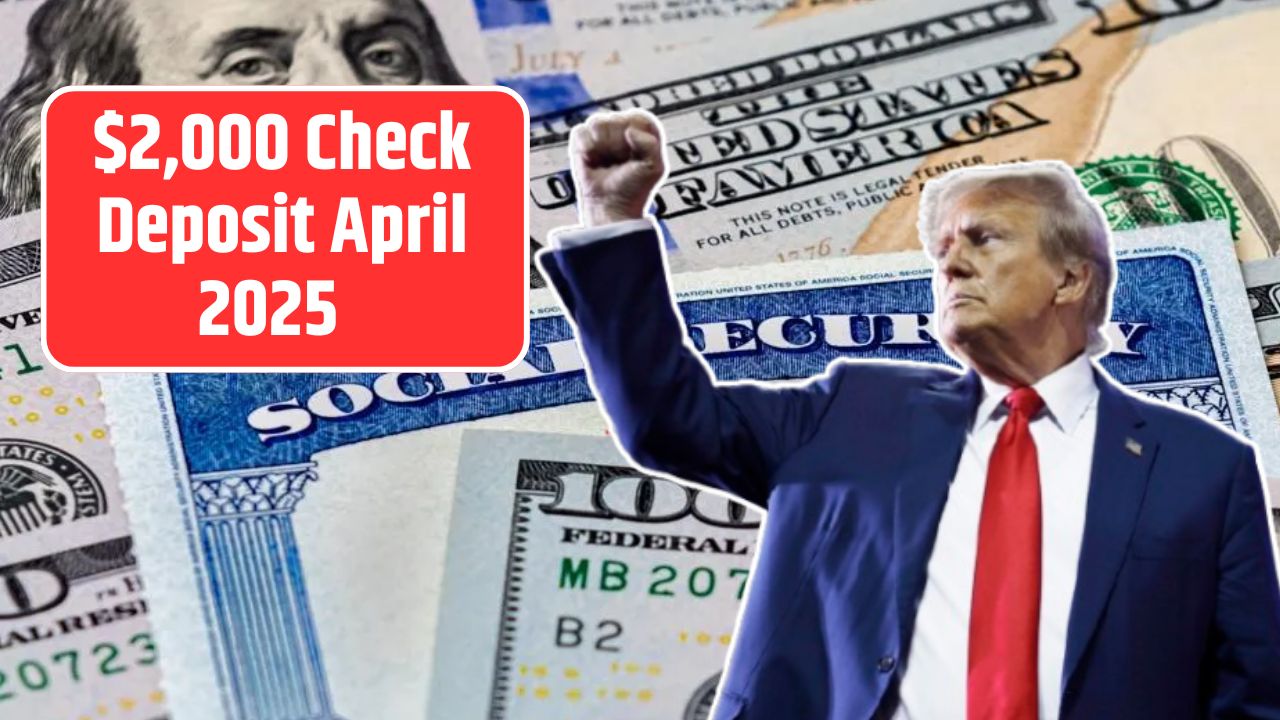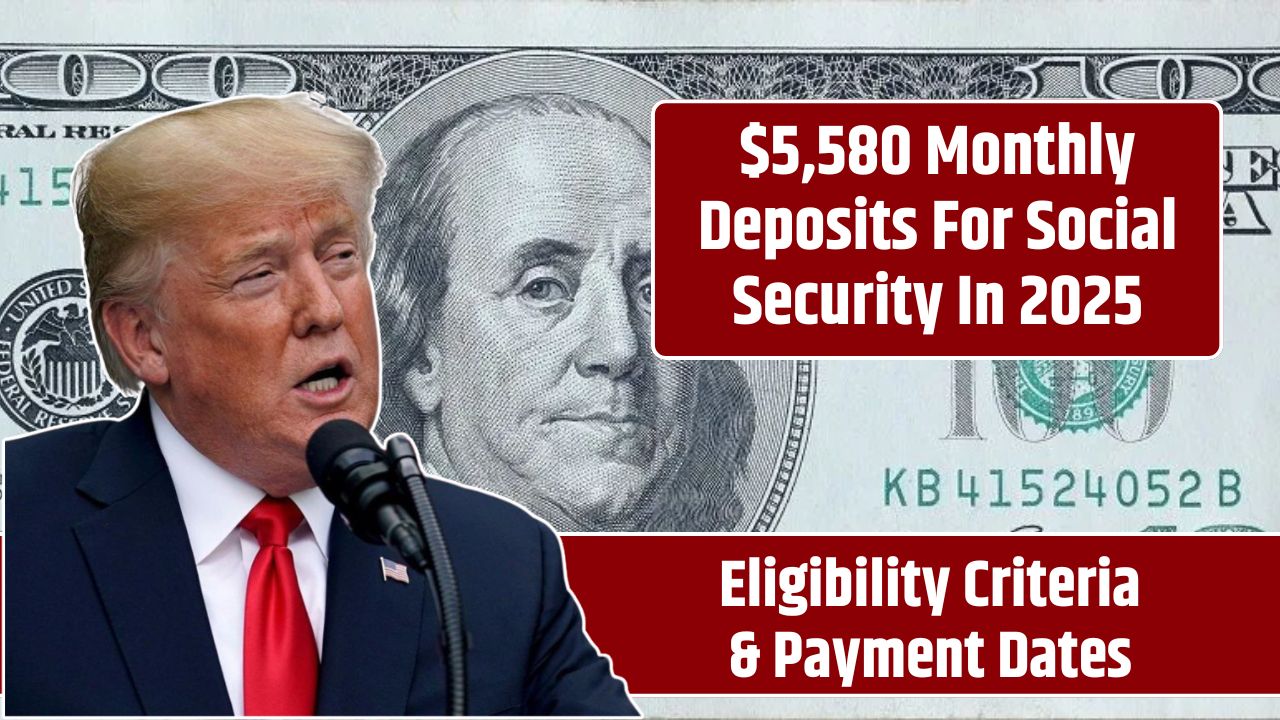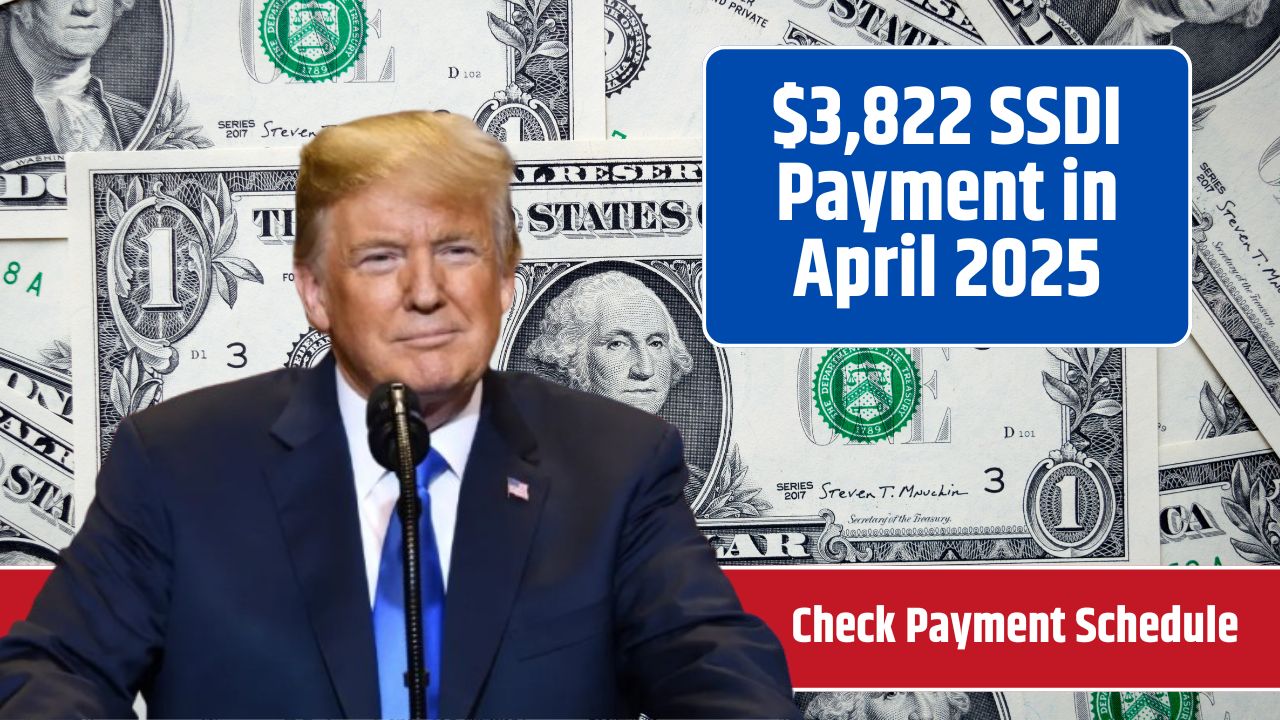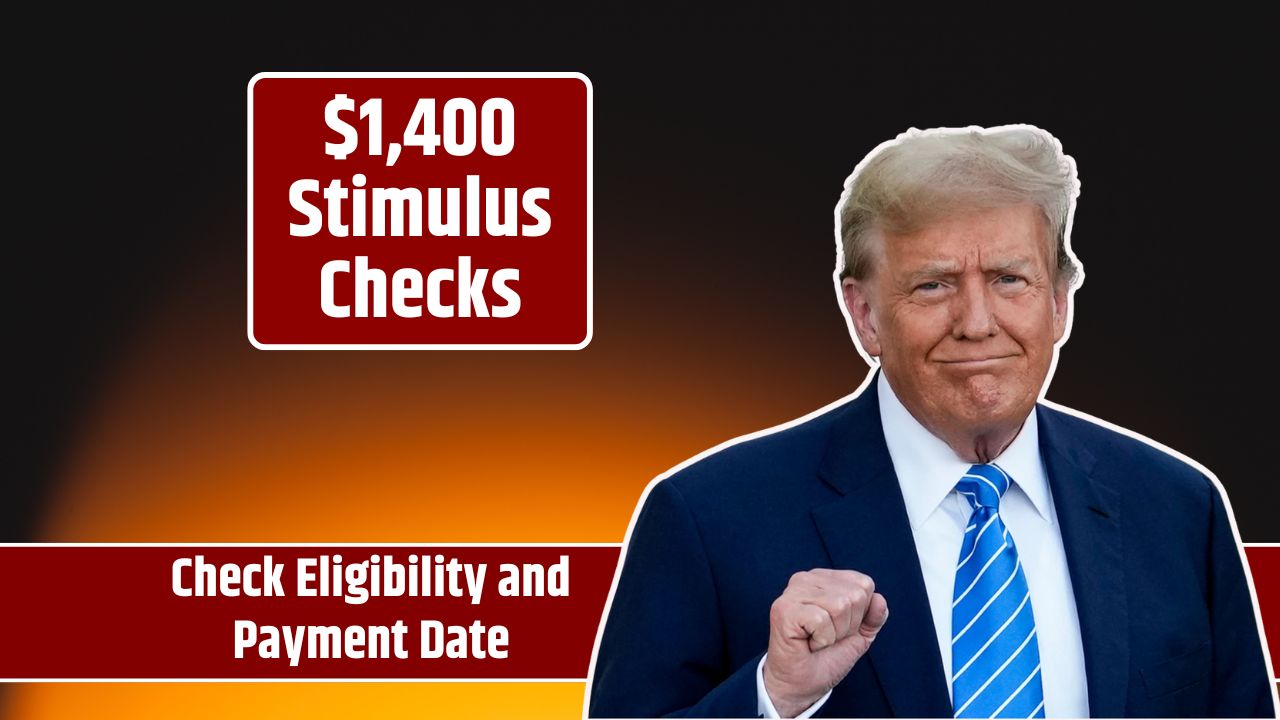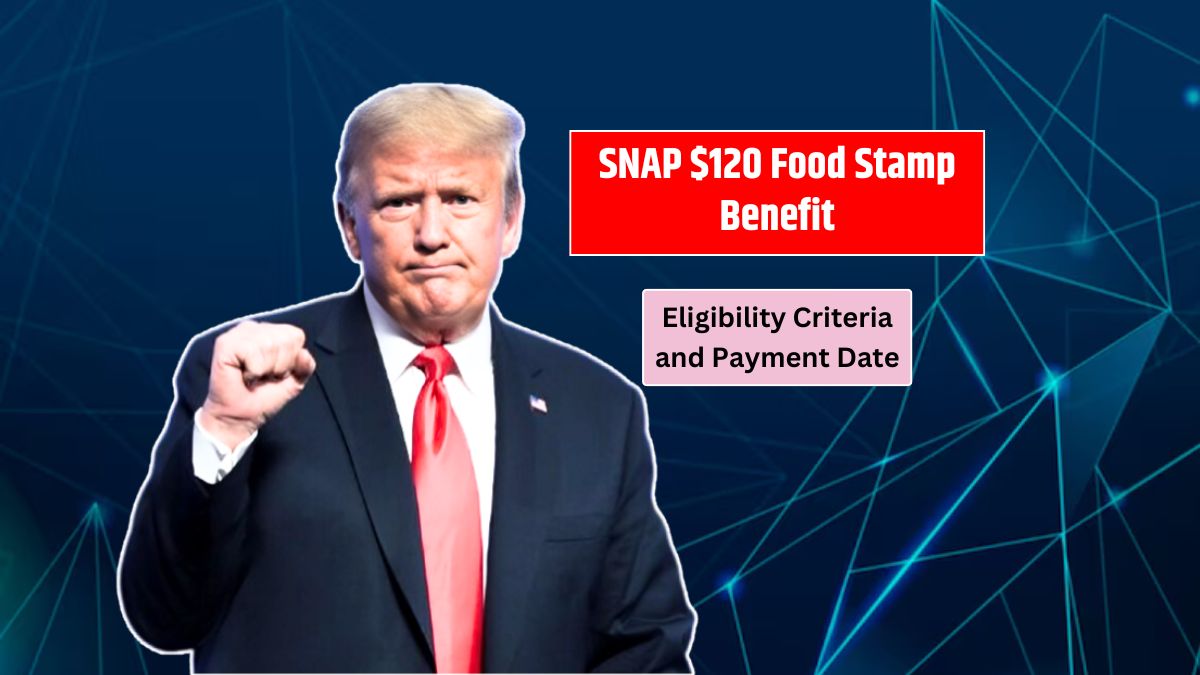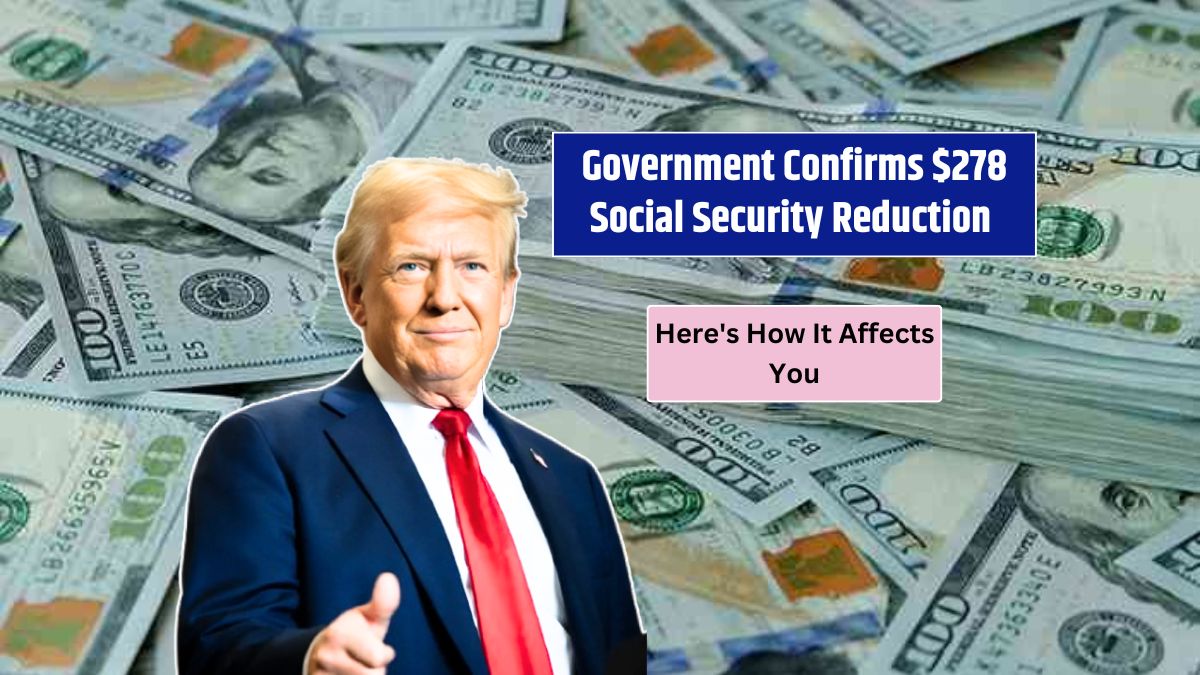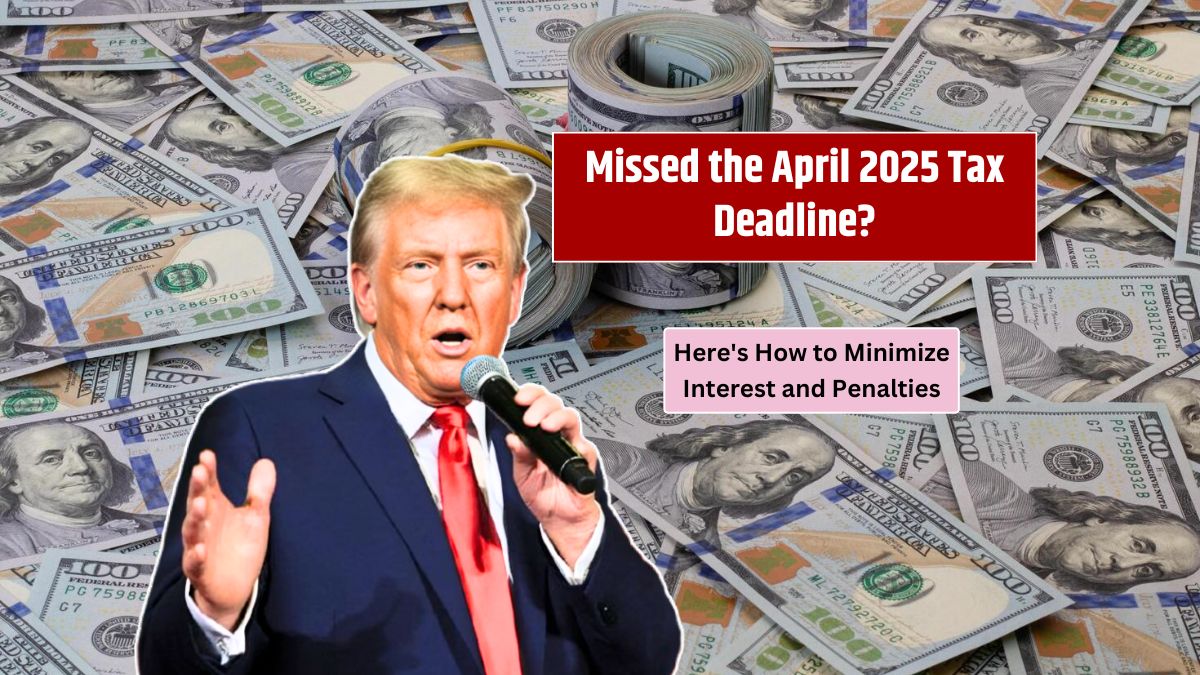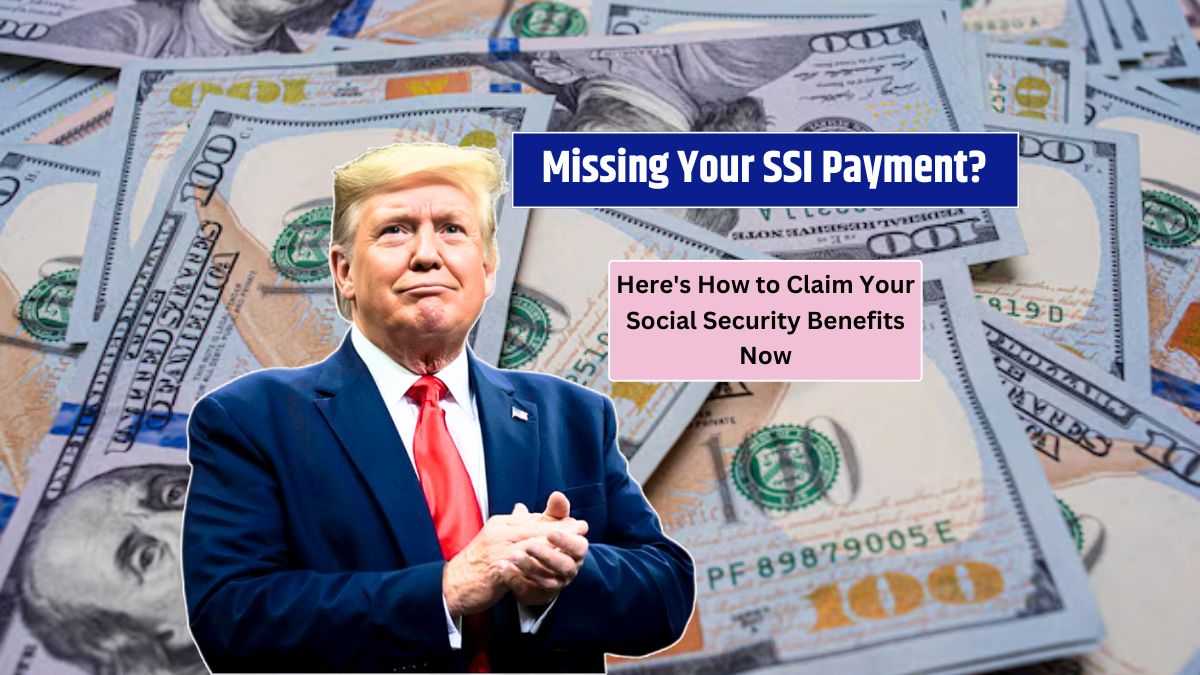In the U.S., financial support programs remain a cornerstone of economic stability, especially during times of inflation and rising living costs.
Across the country, states are rolling out various relief options—from stimulus checks and tax rebates to pilot programs and monthly aid—all designed to support families and low-income individuals.
But here’s the catch: every single program requires an application and eligibility approval before any payments are issued.
If you’re looking for financial help this April 2025, here’s a detailed look at the programs currently available or in progress across different states.
Leaders
Two of the most active states in offering aid are New York and California. In New York, residents can benefit from two key programs.
First is the School Tax Relief (STAR) program, which helps reduce property tax burdens. Depending on eligibility, recipients can receive between $290 and $650—either as a tax exemption or credit.
The second is the Inflation Relief Checks initiative, proposed by Governor Kathy Hochul. This pending program could provide between $300 and $500 to help New Yorkers manage inflation-related costs. It’s not approved yet, but it’s gaining traction in the budget discussion.
California is also on the map with the Sacramento Family First pilot. This initiative provides $725 a month to 200 low-income families, and it’s part of a broader child welfare improvement strategy. The program is scheduled to run until November 2025, offering reliable monthly support to qualified families.
Nationwide
Looking beyond New York and California, several other states are also offering or planning aid programs in April 2025.
In Colorado, there’s the TABOR Refund, which ranges from $177 to $1,130 per taxpayer. This refund is available to residents who filed a 2023 tax return or applied for the Property Tax/Rent/Heat (PTC) rebate. It’s a direct payment program designed to return excess state revenue.
Florida is currently reviewing a Property Tax Rebate, aimed at easing school tax burdens. If approved, homeowners could receive a rebate of $1,000.
In Georgia, there are refund plans in the works for individuals who filed tax returns between 2021 and 2024. These would offer $250 for single filers, $375 for heads of household, and $500 for married couples. While not yet finalized, this proposal could be implemented in 2025, depending on legislative action.
Massachusetts completed its 62F tax rebate program, which gave residents 14% of their 2021 tax liability. Though there are no current extensions, past recipients saw meaningful returns from this initiative.
Michigan offers the Working Families Tax Credit, which pays an average of $550 per family. To qualify, you must meet federal Earned Income Tax Credit (EITC) guidelines and file both federal and state returns.
In New Jersey, the ANCHOR Program continues to be one of the most generous. It can offer up to $6,500 in combined aid when layered with the Senior Freeze and StayNJ programs. Applications for these were accepted in March 2025, and payouts are expected in July.
Finally, Virginia is distributing a tax rebate of up to $400 for joint filers and $200 for single filers. This is tied to tax surplus refunds and may also include vehicle tax credits depending on local policies.
Table
Here’s a quick summary of the relief programs available in April 2025:
| State | Program | Amount | Status |
|---|---|---|---|
| New York | STAR / Inflation Relief Checks | $290–$650 / $300–$500 | STAR active / Relief pending |
| California | Sacramento Family First | $725/month to 200 families | Active until Nov 2025 |
| Colorado | TABOR Refund | $177–$1,130 | Active |
| Florida | Property Tax Rebate | $1,000 | Pending approval |
| Georgia | Tax Refund Plan | $250–$500 | Proposed |
| Massachusetts | 62F Tax Rebates | 14% of 2021 tax liability | Completed |
| Michigan | Working Families Tax Credit | Up to $550 per family | Active |
| New Jersey | ANCHOR / Senior Freeze / StayNJ | Up to $6,500 combined | Applications closed, payout July |
| Virginia | Tax Surplus Rebate / Car Credits | Up to $400 / potential car credit | Active |
Note
It’s important to know that none of these benefits are automatic. Every program requires an application process, and in most cases, eligibility is based on income, tax filing status, or household composition.
If you think you may qualify, visit your state’s official benefit or treasury website to apply or learn more.
These programs can provide significant relief in difficult times—but only if you take action.
FAQs
Do I need to apply for these relief checks?
Yes, all programs require prior application and eligibility.
When will New Jersey’s ANCHOR payout happen?
Payments are scheduled for July 2025.
Is the STAR program in New York still active?
Yes, both Basic and Enhanced STAR are ongoing.
How much does California’s Family First program pay?
$725 per month to eligible families in Sacramento.
Can I still get Massachusetts 62F rebate?
No, the program is completed with no new rounds.
